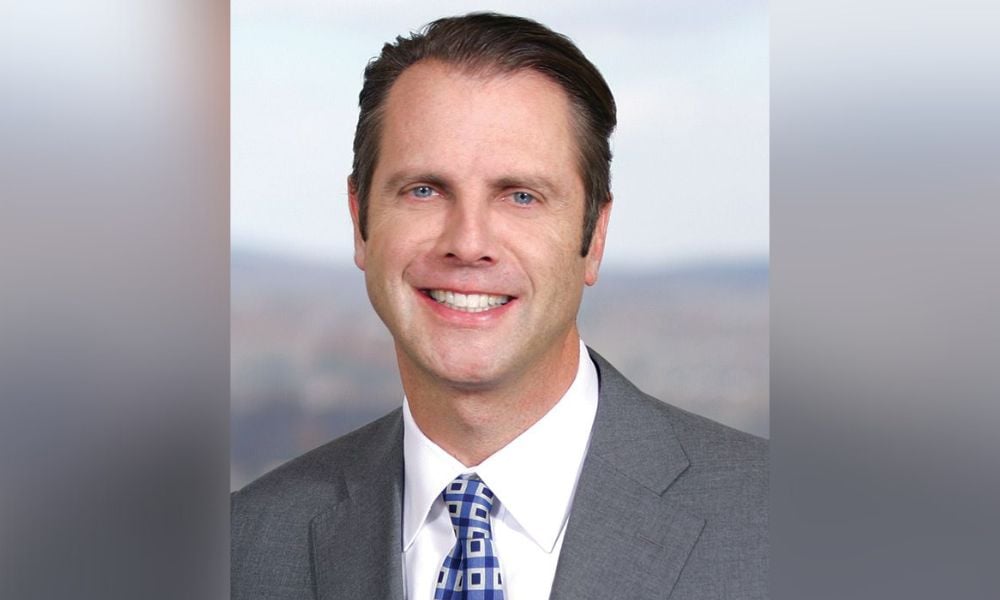Barings investment manager explains how yields have afforded investors the ability to take less risk

There are a number of risks creating volatility and unease across the market, but fixed income markets could offer pension plan sponsors a range of compelling opportunities, say experts at Barings, a global investment manager.
Fixed income yields have afforded pension plan sponsors the ability to take less risk, says Scott Roth, co-head of Barings’ US high yield investment group. “Higher rates have had an impact on pension liabilities. Plans can immunize their portfolios by locking in these existing higher rates.
“As a result, they don't have to take as much risk in this environment to deal with those liabilities. They can pick their point on the fixed income spectrum, whether it's investment grade, high yield, or even front-end treasuries – there's a host of different assets across that risk spectrum that all offer good yield.”
Most anticipated recession
Roth says the current economic environment “has been the most anticipated recession that anybody can remember. This has implications for sentiment in the market and, when everybody is bearish, that in and of itself can create opportunities in a market.
“Sentiment has been so one-sided and there's just been such an aversion to risk that it can create dislocations and create opportunities.
He says the narrative for investing in fixed income has shifted significantly, given the rate regime that has changed.
“We went from this zero-interest rate/negative-interest rate policy to where [the Bank of Canada has tried to] normalize rates and migrate away from this financial repression.”
Consequently, “we had this significant move higher in inflation and now we’re on the other side of that as this dis-inflationary environment unfolds.
Value proposition shifts
“The value proposition has shifted from equities to fixed income. The zero-interest rate policy and negative-interest rate policy was hugely accretive to equities and equity multiples. Now there's so much value that has come back into the fixed income market as we see higher yields.
“Whether it's the front end of the treasury market with the inverted curve, where you have yields of 6% or 7%, if you want to buy high yield bonds or leveraged loans, you have yields of 8% to 10%.
“We haven't seen these kind of yields during the last 20 years and, with inflation starting to come down, investors are now earning a real rate of income on their books.
“As rates have gone up as high yield, the financing and the high yield market has gone up, and that value creation has shifted to high yield investors at the expense of private equity investors.”
Roth says that within the focus on the economy, there has been a shift from a recession to a soft landing and how that relates to defaults because that is a big part of that value proposition.
“Are you being compensated for the default environment going forward?
“High yield as an asset class tends to do quite well in a low growth environment. So, even if we don't have a recession, and instead have a low growth environment, just that carry you get from this asset class is absolutely meaningful.”
“Another mitigating factor with defaults is that we just went through this, ‘rinse cycle’ during COVID where elevated defaults took place. Subsequent to that period we did not have a lot of excessive issuance in leveraged buyouts.
Market composition different
“The composition of our market today is a lot different than it was a decade ago. During the financial crisis, roughly 38% of our market was double B rated. Today, that’s well over 50%. Triple Cs, which were 20% of the market then, are less than 10% today.
“The quality and resiliency of our market is a lot different as we head into a potentially more difficult period going forward. A deep recession is usually driven by some real excess in terms of imbalances that exist in the economy.
“This time we don't see those. Commercial real estate has a long tail that will play out over many years.
“Context is important as we think about risk associated with the high yield market specifically.”



